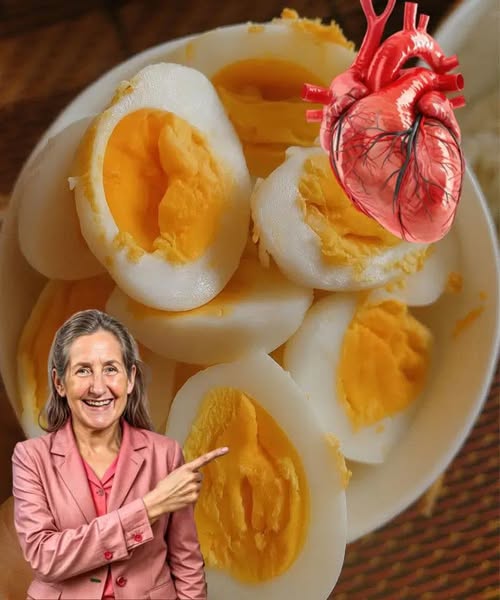For decades, eggs were the villain of the nutrition world.
Too much cholesterol.
Too dangerous for your heart.
Better left on the shelf.
But today, science has completely reversed the verdict.
Far from being harmful, eggs are now celebrated as one of the most nutrient-dense foods on the planet — a natural superfood packed with high-quality protein, brain-boosting choline, and eye-protecting antioxidants.
So, is it safe to eat eggs every day?
✅ Yes — for most people, eating one (or even two) eggs a day is not only safe — it’s highly beneficial.
Let’s break down everything you need to know:
The science-backed benefits, the rare risks, and how to enjoy eggs as a powerful part of a healthy diet — whether you like them scrambled, boiled, poached, or in a fluffy omelet.
🥚 What’s Inside an Egg? A Nutritional Powerhouse
One large egg (about 50g) packs a surprising punch:
70 calories | Low-calorie, high-reward food |
6g of high-quality protein | Contains all 9 essential amino acids — perfect for muscle repair and satiety |
5g of healthy fats | Includes heart-healthy monounsaturated fats and omega-3s (especially in pasture-raised eggs) |
Choline | Vital for brain health, liver function, and fetal development |
Lutein & Zeaxanthin | Antioxidants that protect your eyes from blue light and age-related macular degeneration |
Vitamin D | Supports immune function and bone health (rare in foods) |
B12, Selenium, Riboflavin | Essential for energy, metabolism, and antioxidant defense |
📊 Fun Fact: Eggs are so nutritionally complete, they’re often called “nature’s multivitamin.”
